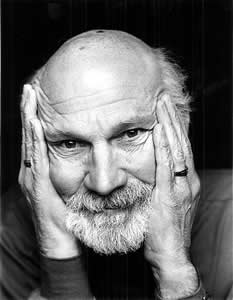The Virtues of Alasdair MacIntyre (Hauerwas, 2007)
“MacIntyre has sought, within the world we necessarily inhabit, to help us recover resources to enable us to act intelligibly. From beginning to end, he has attempted to help us locate those forms of life that can sustain lives well lived.”


